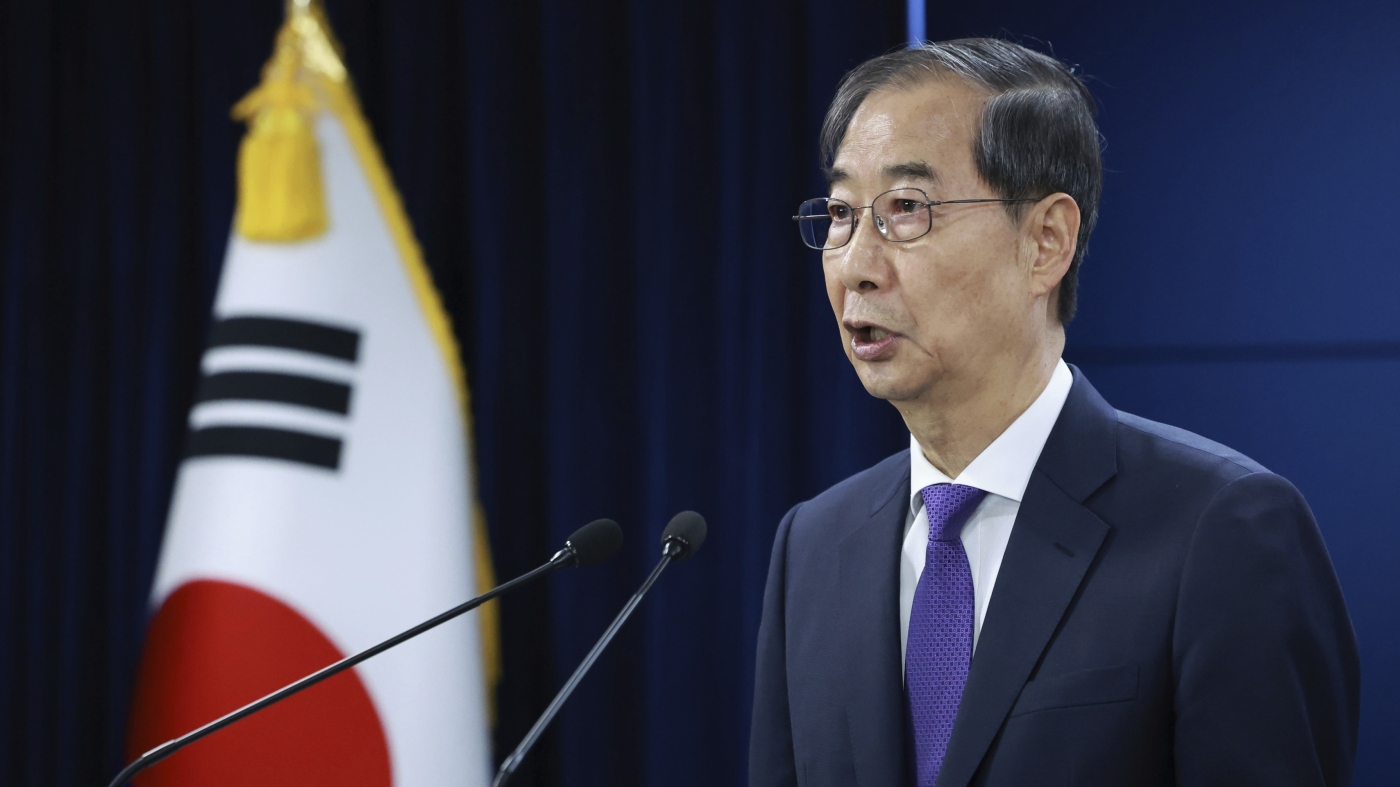The Political Landscape of South Korea: Han Duck-soo’s Resignation and Presidential Ambitions
A Strategic Exit with Presidential Intentions
The resignation of Acting President Han Duck-soo on May 1, 2025, was far from a routine political departure. His carefully worded statement—citing a desire to take on “heavier responsibility”—immediately fueled speculation about his next move. In South Korea’s high-stakes political arena, such phrasing is rarely accidental. Analysts and voters alike interpreted it as a clear signal: Han is positioning himself for a presidential run.
This strategic resignation allows Han to shed the constraints of his current role and fully commit to campaigning. Unlike sitting officials who must balance governance with electioneering, Han now has the freedom to mobilize support, craft policy platforms, and engage in the aggressive networking required to win the presidency. His move mirrors a well-worn playbook in South Korean politics—stepping away from an interim role to pursue higher office without the baggage of divided attention.
Han Duck-soo: The Conservative Contender
Han’s political identity is deeply rooted in conservatism, aligning him with the People Power Party (PPP), South Korea’s primary right-wing faction. His credentials are formidable: a former Prime Minister with extensive bureaucratic experience, he represents continuity for voters wary of radical change. The PPP’s platform—emphasizing economic deregulation, strong national defense, and traditional social values—finds a natural champion in Han.
However, his candidacy is not without challenges. The conservative bloc in South Korea has faced internal divisions, particularly between hardliners and moderates. Han’s ability to unify these factions will be critical. If he succeeds, he could consolidate conservative voters into a formidable electoral force. If he fails, a fragmented right-wing vote could hand an advantage to liberal rivals.
Shifting the Presidential Race Dynamics
Han’s entry into the race introduces new variables. Polls suggest he appeals to older, business-friendly, and security-conscious demographics—key constituencies in South Korean elections. Yet, his establishment background may also alienate younger voters demanding fresh faces and progressive reforms.
His campaign will likely focus on stability, leveraging his government experience to contrast with less seasoned opponents. Expect messaging around economic recovery, North Korea policy, and bureaucratic efficiency. But in a political climate where anti-incumbent sentiment often runs high, Han must also prove he is not just another insider but a leader capable of meaningful reform.
South Korea’s Political Crossroads
Han’s resignation comes at a turbulent time. Economic anxieties, generational divides, and geopolitical tensions with North Korea dominate public discourse. The next president will inherit these challenges, making this election particularly consequential.
For the PPP, Han represents a chance to reclaim the Blue House after recent liberal administrations. Yet, his candidacy also tests whether traditional conservatism still resonates in a rapidly changing society. Will voters prioritize experience over change, or is the electorate hungry for a new direction?
Media Narratives and Public Perception
South Korean media has amplified the drama surrounding Han’s resignation, dissecting his motives and viability as a candidate. Some outlets frame him as the steady hand South Korea needs, while others question whether his tenure as Prime Minister left a lasting legacy. Public opinion remains split—approval ratings suggest cautious optimism among conservatives but skepticism elsewhere.
Social media will play a decisive role in shaping perceptions, especially among younger voters. Han’s team must navigate this landscape carefully, balancing traditional campaign tactics with digital outreach to avoid being painted as outdated.
Conclusion: A Defining Moment for South Korea
Han Duck-soo’s resignation and expected presidential bid mark a pivotal juncture in South Korean politics. His campaign will test the strength of conservative unity, the appeal of establishment figures, and the electorate’s appetite for continuity versus change.
The outcome of this race will reverberate beyond domestic politics, influencing South Korea’s economic policies, diplomatic stance, and social trajectory. Whether Han succeeds or falls short, his candidacy ensures that the 2025 election will be one of the most consequential in recent memory—a true turning point for the nation.











